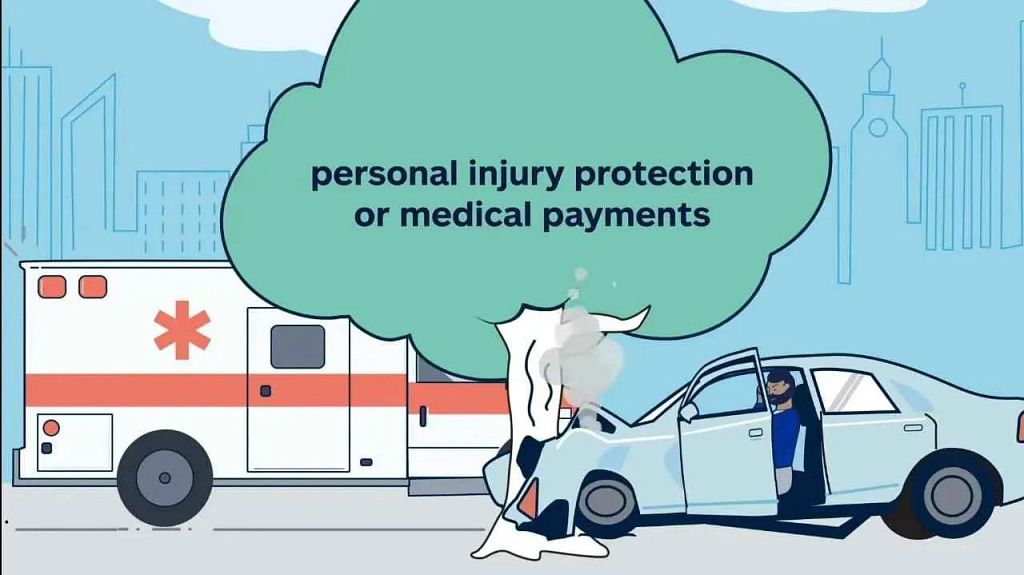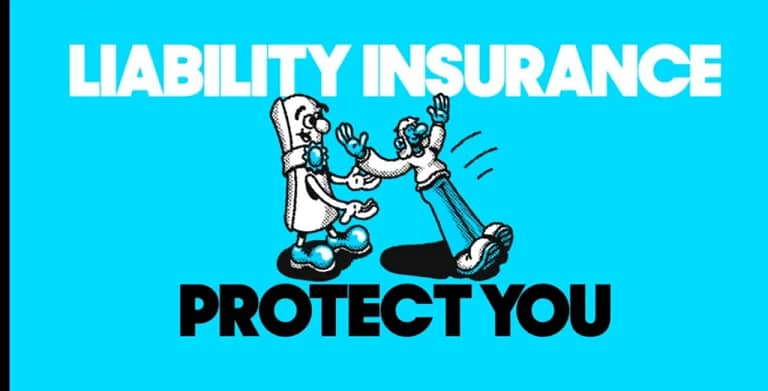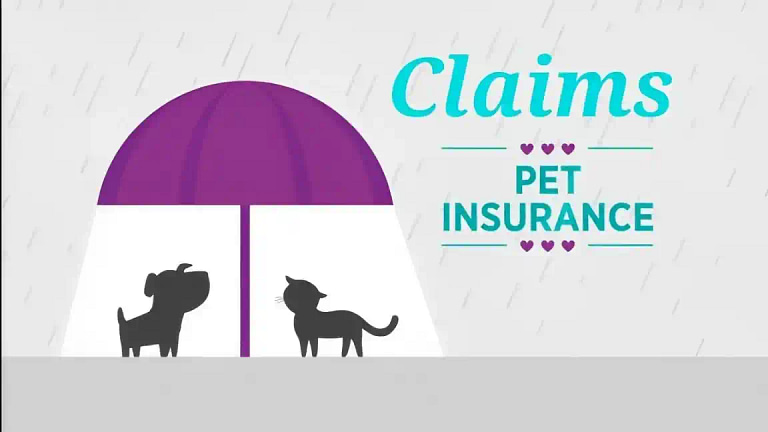What does Comprehensive Insurance Cover?
What is Comprehensive Insurance?
Comprehensive insurance is a type of auto insurance coverage that protects your car from damages or losses not caused by a collision with another vehicle. It provides coverage for a wide range of events, such as theft, natural disasters (like storms, floods, or fire) falling objects (such as tree branches), and collisions with animals. Comprehensive insurance cover helps to safeguard your vehicle against various risks beyond just accidents involving other cars.
Table of Contents
What does Comprehensive Insurance Cover?
Comprehensive insurance cover a variety of non-collision related damages or losses to your vehicle. Here’s a detail:
- Theft: If your car is stolen, comprehensive insurance can help cover the cost of replacing it.
- Natural Disasters: Comprehensive insurance protects against damage caused by natural events like storms, floods, and hail.
- Fire: If your car is damaged or destroyed by fire, comprehensive insurance will cover the repairs or replacement.
- Falling Objects: If something falls on your car, like a tree branch or debris, comprehensive insurance will cover the damages.
- Animal Collisions: Comprehensive insurance covers damages caused by collisions with animals, such as deer or moose.
- Glass Damage: It covers repair or replacement costs for damaged glass, such as a cracked windshield.
- Civil Disturbances: Comprehensive insurance can also cover damages resulting from civil disturbances, like riots or civil unrest.
It’s important to note that comprehensive insurance typically comes with a deductible, which is the amount you’ll need to pay out of pocket before the insurance coverage kicks in.

What’s not Covered by Comprehensive Insurance?
Comprehensive insurance is a valuable protection for drivers, but it’s essential to understand what it doesn’t cover. Firstly, it typically does not cover damages caused by collisions with other vehicles. For these types of accidents, you will need collision coverage. Similarly, comprehensive insurance doesn’t cover bodily injuries resulting from accidents. This is usually covered by personal injury protection or medical payments coverage. Understanding these limitations can help you make informed decisions about your insurance coverage and ensure that you have the protection you need in various situations.
Do I need Comprehensive Insurance?
Deciding if you need comprehensive insurance boils down to a few things. Firstly, think about how much your car is worth. If it’s valuable or new, comprehensive insurance can help cover the cost if it’s stolen or damaged by things like hail. On the flip side, if your car is not worth much, you might decide you can handle repairs or replacement costs on your own.
Lastly, think about how you feel. Some people like having comprehensive insurance just for peace of mind. Even if they never use it, they feel better knowing their car is protected from lots of different things that could go wrong.
Comprehensive Insurance FAQs
How does comprehensive coverage work?
Comprehensive coverage works by providing protection for your vehicle against a variety of non-collision related damages or losses.
Is comprehensive insurance required?
Comprehensive insurance is generally not required by law in most places. Unlike liability insurance, which is typically mandated by state laws to cover damages you may cause to others in an accident.
Conclusion
Comprehensive insurance is like a shield for your car, protecting it from theft and other non-collision damages. While it’s not required by law in most places, lenders may mandate it for financed vehicles. Ultimately, whether you need it depends on factors like your car’s value, your financial situation, and peace of mind. So, while not mandatory, comprehensive insurance offers valuable protection for unexpected events, giving you confidence on the road.






